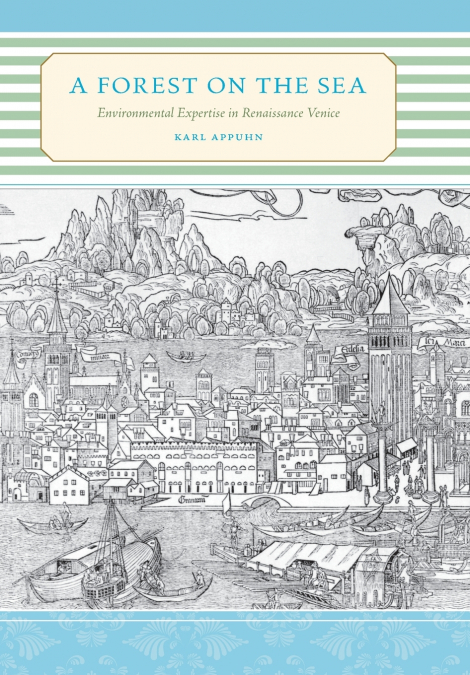
Karl Appuhn
Winner, Herbert Baxter Adams Prize, American Historical AssociationWinner, Charles A. Weyerhaeuser Award, the Forest History SocietyWood was essential to the survival of the Venetian Republic. To build its great naval and merchant ships, maintain its extensive levee system, construct buildings, fuel industries, and heat homes, Venice needed access to large quantities of oak and beech timber. The island city itself was devoid of any forests, so the state turned to its mainland holdings for this vital resource. A Forest on the Sea explores the history of this enterprise and Venice’s efforts to extend state control over its natural resources. Karl Appuhn explains how Venice went from an isolated city completely dependent on foreign suppliers for wood to a regional state with a sophisticated system of administering and preserving forests. Intent on conserving this invaluable resource, Venice employed specialized experts to manage its forests. The state bureaucracy supervised this work, developing a philosophy about the environment--namely, a mutual dependence between humans and the natural world--that was far ahead of its time. Its efforts kept many large forest preserves under state protection, some of which still stand today. A Forest on the Sea offers a completely novel perspective on how Renaissance Europeans thought about the natural world. It sheds new light on how cultural conceptions about nature influenced political policies for resource conservation and land management in Venice.